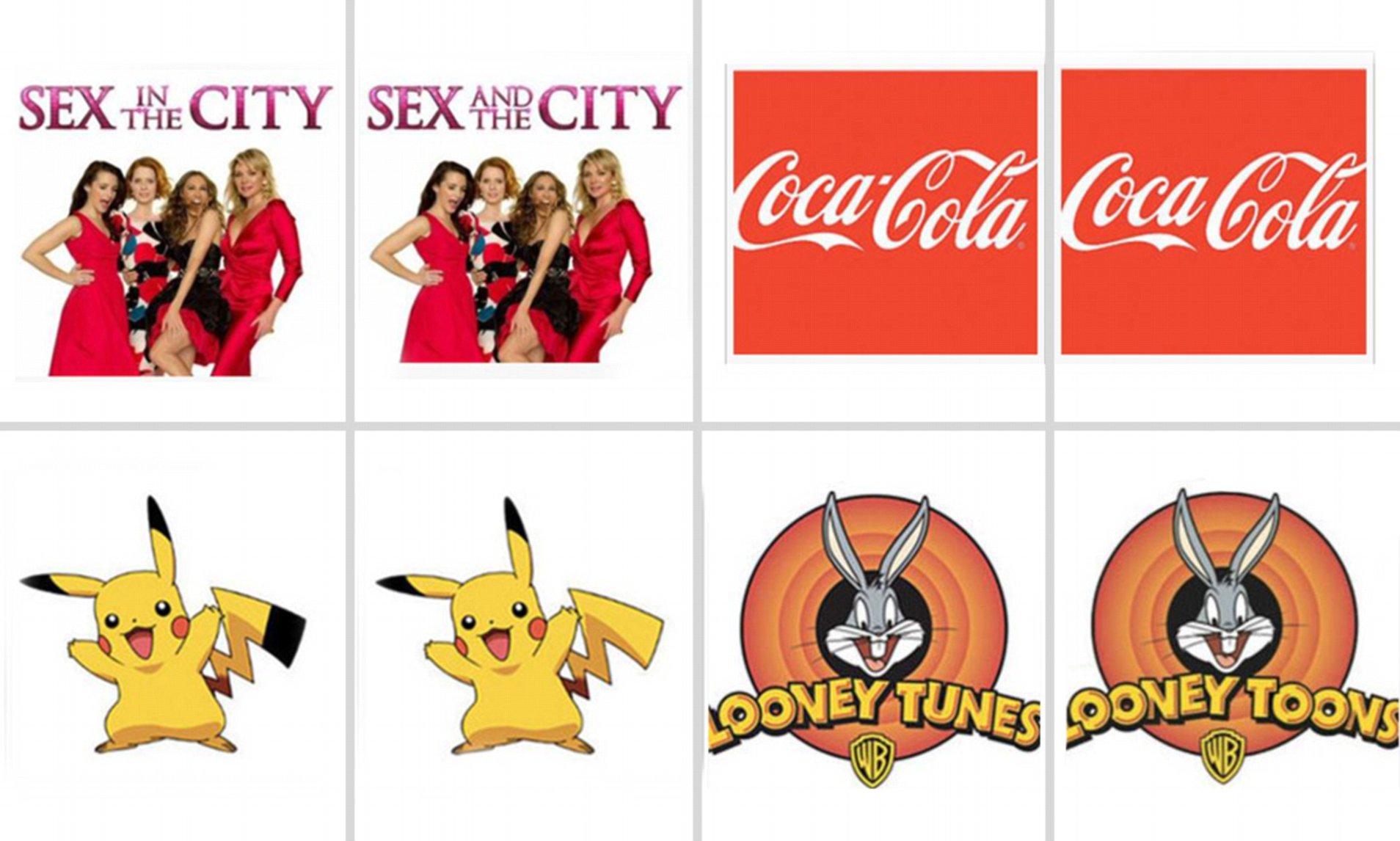Does Rich Uncle Pennybags from Monopoly wear a monocle? Did Nelson Mandela die in the 1980s? Did Tom Hanks quote “life is like a box of chocolates” in Forrest Gump? Have you watched the TV series ‘Sex in the City’?
If your answer to these questions is yes then you, like many others, have been tricked by false memories created in your brain known as the Mandela effect; first described Fiona Broome who specializes in parageneaology and paranormal patterns. We generally believe or trust memories if other people confirm it too. But what if those memories turned out to be false?
The Mandela effect surfaces in famous sayings from a multitude of well-known movies. For example, the line “mirror mirror on the wall” is actually “magic mirror on the wall”; and the Star Wars classic “Luke, I am your father” is in fact “no, I am your father” in the movie. This ‘misinformation effect’ is explained by pseudoscience in which incidents occur a result of some parallel universe. Broome described it as “a multiverse interpretation of quantum mechanics”. While there is no concrete proof regarding the same, the phenomenon could be a genuine possibility. Broome believes that shared memory isn’t really false, as she and others experiencing the same event might be in a parallel reality in a different timeline that got crossed with the current one.

Can neuroscience answer these questions? To know how these shared memories exist, let’s look at how memories are stored and recalled. Memories are networks of neurons which are stored in a specific site in the brain, and are transferred to the prefrontal cortex for permanent storage. Researchers at Princeton university revealed that shared memories have similar neural presentations across different people using MRI. This helps in mapping functional representations in brains across different people who would have similar brain patterns towards a particular activity.
Another study revealed how this would lead to remembering false information. When a memory is recalled, it activates neurons forming new neural connections, and changes older associations known as reconsolidation. So, when this activation happens along with reconsolidating another event at the same time, sometimes the wires crossfire and one could remember a similar information differently.
It is quite intriguing to believe that alternate universes could exist, but in order to believe that one must seek for the truth. This would be by disproving theories in order to test the credibility of a hypothesis. But what if it was true?
By Sakina Amin
Header image: Daily Mail

